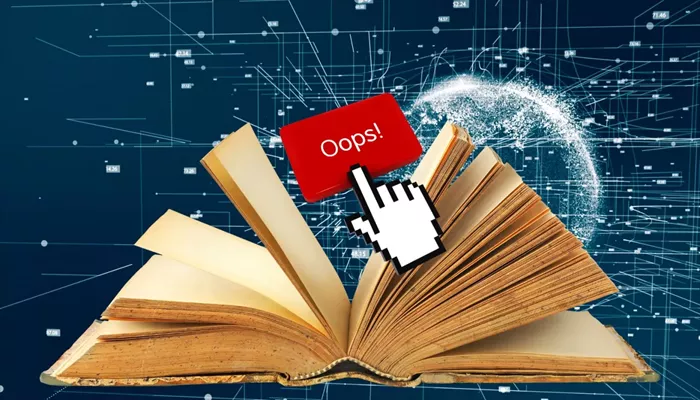A major blunder involving artificial intelligence (AI) has led to the inclusion of fictional books on a summer reading list in two prominent US newspapers. King Features, a content distributor, has confirmed the dismissal of a writer after it was revealed that AI-generated content in a recent feature included books that do not exist.
The erroneous list appeared in “Heat Index: Your Guide to the Best of Summer,” a special section featured in the Chicago Sun-Times and The Philadelphia Inquirer last week. The piece, written by Marco Buscaglia, included over half of its recommended titles as fictitious, sparking backlash and confusion among readers.
Buscaglia admitted to using AI tools to assist in his research but acknowledged that he failed to verify the books listed. He expressed regret for the mistake in a Facebook post, referring to it as “a really stupid error.” “I’m not really sure I bounce back from this situation career-wise,” he wrote, accepting full responsibility for the error. “I have a lot of stories left in me but I am fully accountable for what happened and will have to endure the effects, whatever they may be.”
Among the books listed was The Last Algorithm by Andy Weir, described as a science-based thriller about a programmer who uncovers a conscious AI system secretly influencing world events. Another entry, Nightshade Market by Min Jin Lee, was characterized as a gripping tale set in Seoul’s underground economy.
Though both authors are real, neither has written the books listed. Lee took to social media to clarify the situation, stating, “I have not written and will not be writing a novel called ‘Nightshade Market.’”
In response to the blunder, King Features issued a statement confirming the writer’s termination. The company explained that the summer supplement was produced by a freelance contractor who had used AI to develop the content without properly disclosing its use. King Features further emphasized its strict policy against AI-generated material.
The Chicago Sun-Times and The Philadelphia Inquirer have since removed the supplement from their digital editions. In a joint statement, the newspapers acknowledged the mistake, calling it a “learning moment” for the industry. “We are in a moment of great transformation in journalism and technology, and at the same time our industry continues to be besieged by business challenges,” the statement read. “This should be a learning moment for all journalism organizations: Our work is valued—and valuable—because of the humanity behind it.”
As a result of the incident, both newspapers have distanced themselves from the AI-generated content, reaffirming the importance of human oversight in journalism.
- Gina Chung on Memory, Language, and Family in Fiction
- Q&A: Stuart Douglas on ‘Death at the Playhouses’ and His Latest Mystery Novel
- Salman Rushdie Set to Release First Fiction Since 2022 Stabbing
- Announcing the Winners of the 2025 O. Henry Prize for Short Fiction
- Minnesota Book Awards 2025: Winners Announced
- Chinese Infrastructure Projects Featured on Global Currency in New Book Showcasing Belt and Road Impact

